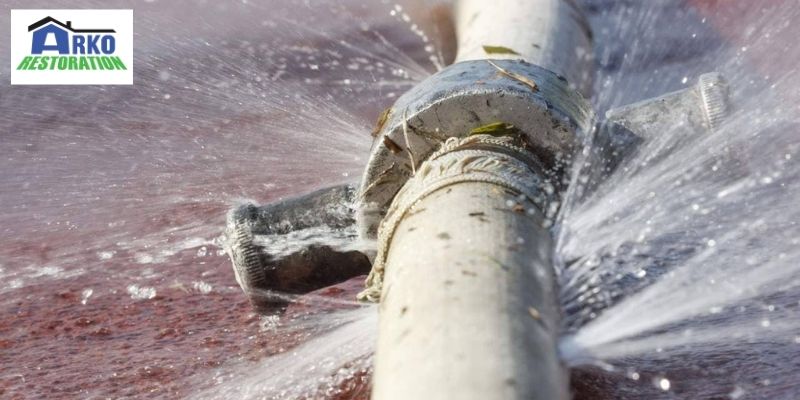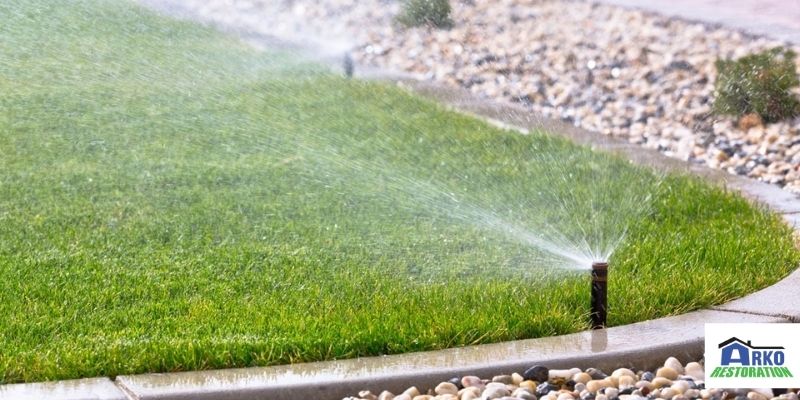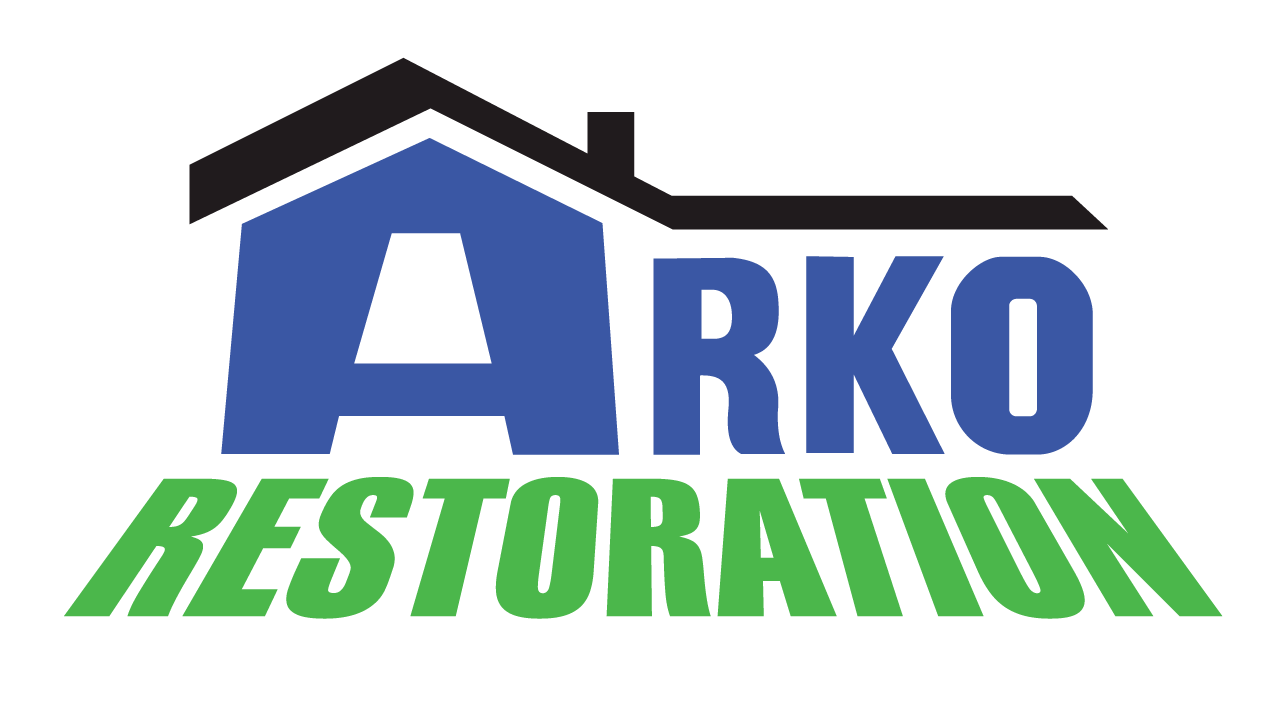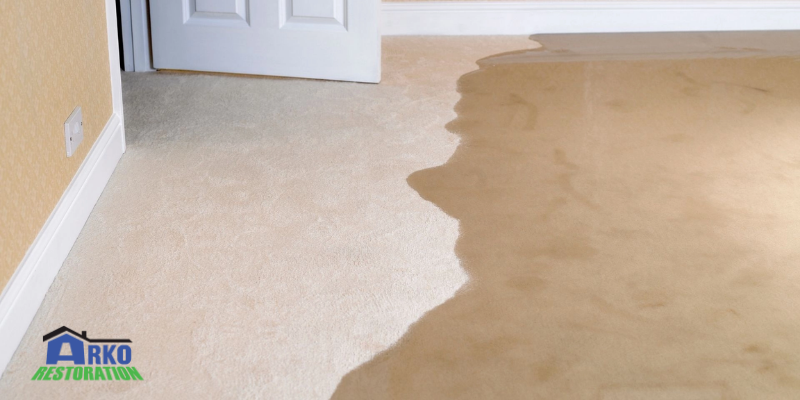Water damage may seem like a minor problem at first, but it can quickly become an issue if the water is not addressed and repaired quickly. There are lots of ways that water can accumulate in your home, causing serious damage in the process. Be sure to be on the lookout for the following common water damage causes and take action as fast as possible.
Leaking Pipes

The most common culprit for water damage is a leaking pipe. If you have an older house, it’s not unusual to have old pipes that need replacing. Pipes that leak can cause extensive damage to your home. Even a small leak can cause significant damage if it continues for months or years. Leaks from pipes inside walls or ceilings often go undetected until they cause significant damage or mold growth. Pipes that are located close to exterior walls can also freeze in cold weather and burst, causing significant water damage.
Inadequate Roofing
Roofs that are poorly designed, installed or maintained can cause rainwater to leak into your home and cause substantial water damage. If a roof is installed improperly, it may not properly shed water away from your house during storms. This leaves more water on your roof and leads to leaks inside your home. If you notice leaks coming from under the eaves of your house, there may be problems with your roof’s pitch or shingles may have been improperly installed.
Toilet Leaks
A toilet leak is another big source of water damage in homes. These can happen due to poor installation or even just normal wear-and-tear over time. Toilets that don’t seal properly or are leaking at their base are two common causes of toilet leaks.
Toilets can also overflow onto your bathroom floor. This backup can be caused by a variety of reasons, including clogs and bad flushing habits (like overfilling). If this happens, you face the risk of water damage.
Clogged Drainage
A clogged drain can happen for many reasons, but it’s usually due to food particles and grease buildup inside the pipes. These particles can accumulate in your drains and cause them to become clogged with sediment and debris. This can create problems because when a toilet or sink backs up due to a clog, it will overflow into the rest of your home—and that will result in water damage.
Broken Sprinkler Systems

Sprinkler systems can be broken in a number of ways, and are a common cause of water damage. The most common reason is that the sprinkler heads have burst, which can happen if they are old or cheap. The other common reason is that the electric connections have been damaged by rats or mice chewing through them.
Sprinkler systems can also be damaged when people accidentally kick them or when someone tries to fix them. It can also break down during heavy rains and flood your lawn with runoff.
Faulty or Old Appliances
Old appliances or those that have become faulty with time can cause a lot of damage if they break down. For instance, if your washing machine stops working properly, it could flood your basement if you don’t notice it immediately and turn off the water supply in time.
Severe Weather Effects
Flooding is one of the most common causes of water damage. Hurricanes, severe storms and other adverse weather events can cause flooding when rainwater accumulates faster than it can be drained away. Floods can also occur when rivers overflow their banks or when levees break. When this water accumulates, it will cause extensive damage to your home if not dealt with quickly.
How to Prevent Water Damage
Turn Off the Water
The first thing you need to do when there is risk of water damage in your home is turned off the water. This may seem obvious, but it’s easy to forget when you’re busy getting everything else under control. If you don’t turn off the water source immediately, more damage will occur as the water spreads throughout your home.
Remove Water from Your Home
If certain areas of your home have become flooded, you want to remove as much water as possible. You can use mops, towels, or other absorbent materials.
If there’s a lot of water coming out of one spot, such as a burst pipe or toilet overflow, make sure that you plug these leaks immediately so that more damage doesn’t occur from them spreading into other areas of your home or building. You can also use absorbent powder in places where there’s already standing water on floors or carpets so that they don’t become moldy while they dry out later on.
Install Water Detectors
Water leaks are often silent until they become major problems. That’s why it’s important to install water detectors in your home. These detectors will alert you when something goes wrong with your plumbing so that you can take action before there’s any significant damage done to your house or belongings.
Conclusion
Water damage can happen to anyone and is not always easy to predict. Educating yourself on the most probable causes of water damage and how to prevent them can save you from extensive and costly damages.

